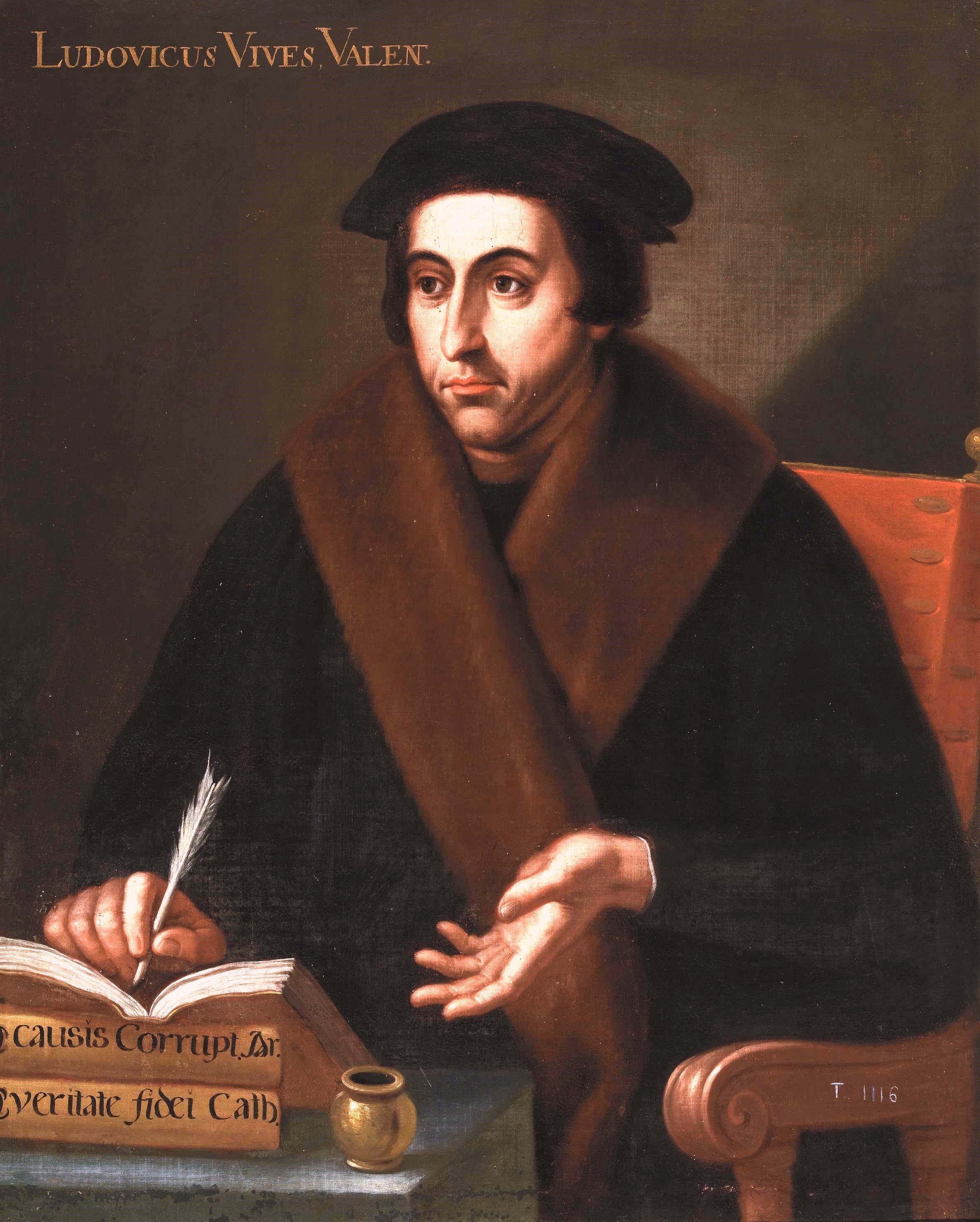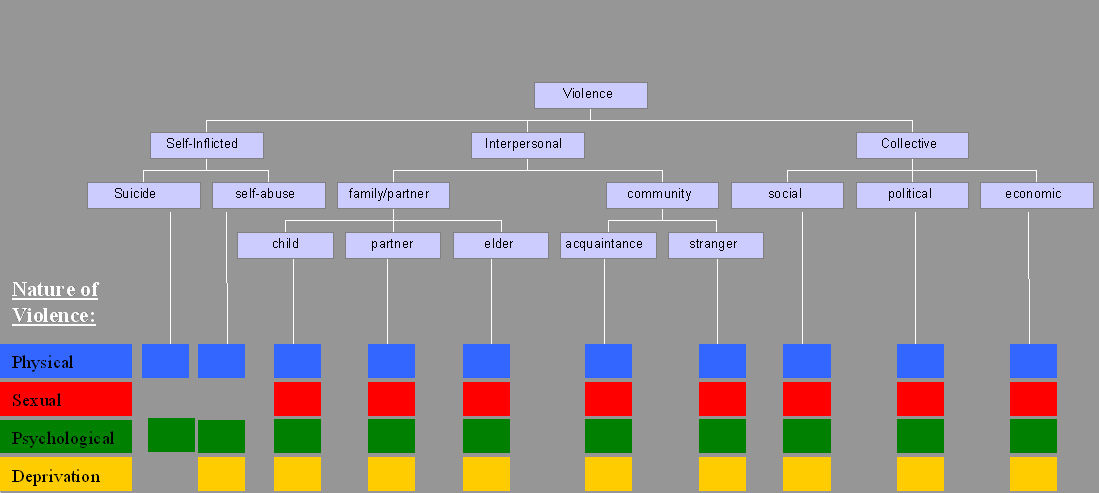|
Jesús Ballesteros
Jesús Ballesteros (born 1943 in Valencia) is a Spanish philosopher and jurist. Education In 1965, he earned his law degree with highest qualifications. In 1971, he obtained a doctoral degree from the University of Valencia after defending a thesis about Giuseppe Capograssi. Career Since 1983 he has been teaching Philosophy of Law and Political Philosophy at the University of Valencia School of Law. During this time, he combined academic activities with research. He mentored 21 doctoral theses along with 39 dissertations. His presence was requested on many national and international seminars which have taken place in Germany, Colombia, Spain, Italy, and Mexico. He is currently a member of the Spanish Society of Judicial and Political Philosophy, the Spanish Society of Bioethics, and a member of the Assessment Council on the journals Anuario de Derechos Humanos, Persona y Derecho, Cuadernos de Bioética, Ragion Pratica, Rivista di Filosofia del Diritto y Teoria del diritto e del ... [...More Info...] [...Related Items...] OR: [Wikipedia] [Google] [Baidu] |
Valencia
Valencia ( , ), formally València (), is the capital of the Province of Valencia, province and Autonomous communities of Spain, autonomous community of Valencian Community, the same name in Spain. It is located on the banks of the Turia (river), Turia, on the east coast of the Iberian Peninsula on the Mediterranean Sea. It is the Ranked lists of Spanish municipalities, third-most populated municipality in the country, with 825,948 inhabitants. The urban area of Valencia has 1.5 million people while the metropolitan region has 2.5 million. Valencia was founded as a Roman Republic, Roman colony in 138 BC as '. As an autonomous city in late antiquity, its militarization followed the onset of the threat posed by the Spania, Byzantine presence to the South, together with effective integration to the Visigothic Kingdom of Toledo in the late 6th century. Al-Andalus, Islamic rule and acculturation ensued in the 8th century, together with the introduction of new irrigation syst ... [...More Info...] [...Related Items...] OR: [Wikipedia] [Google] [Baidu] |
University Of Valencia
The University of Valencia ( ), shortened to UV, is a public research university in Valencia, Spain. It is one of the oldest universities in Spain, and the oldest in the Valencian Community. It is regarded as one of Spain's leading academic institutions. The university was founded in 1499, and currently has around 55,000 students. Most of the courses are taught in Spanish, however their plan is to increase the number of courses available in Valencian and English as well. It is located in the Mediterranean Spanish baseline, in the city of Valencia which is the capital and most populous city of the autonomous community of Valencia and the third largest city in Spain, with a population of 829,705 in 2014. One of its campuses is located in the metropolitan area of Valencia, in the municipalities of Burjassot and Paterna. The current chancellor is María Vicenta Mestre Escrivá. History At the request of James I the Conqueror, Pope Innocent IV in 1246 authorized (by a Bull) ... [...More Info...] [...Related Items...] OR: [Wikipedia] [Google] [Baidu] |
Philosophy Of Law
Law is a set of rules that are created and are enforceable by social or governmental institutions to regulate behavior, with its precise definition a matter of longstanding debate. It has been variously described as a science and as the art of justice. State-enforced laws can be made by a legislature, resulting in statutes; by the executive through decrees and regulations; or by judges' decisions, which form precedent in common law jurisdictions. An autocrat may exercise those functions within their realm. The creation of laws themselves may be influenced by a constitution, written or tacit, and the rights encoded therein. The law shapes politics, economics, history and society in various ways and also serves as a mediator of relations between people. Legal systems vary between jurisdictions, with their differences analysed in comparative law. In civil law jurisdictions, a legislature or other central body codifies and consolidates the law. In common law systems, judges ... [...More Info...] [...Related Items...] OR: [Wikipedia] [Google] [Baidu] |
Political Philosophy
Political philosophy studies the theoretical and conceptual foundations of politics. It examines the nature, scope, and Political legitimacy, legitimacy of political institutions, such as State (polity), states. This field investigates different forms of government, ranging from democracy to authoritarianism, and the values guiding political action, like justice, equality, and liberty. As a normative field, political philosophy focuses on desirable norms and values, in contrast to political science, which emphasizes empirical description. Political ideologies are systems of ideas and principles outlining how society should work. Anarchism rejects the coercive power of centralized governments. It proposes a stateless society to promote liberty and equality. Conservatism seeks to preserve traditional institutions and practices. It is skeptical of the human ability to radically Social change, reform society, arguing that drastic changes can destroy the wisdom of past generations. Li ... [...More Info...] [...Related Items...] OR: [Wikipedia] [Google] [Baidu] |
Political Ecology
Political ecology is the study of the relationships between political, economic and social factors with environmental issues and changes. Political ecology differs from apolitical ecological studies by politicizing environmental issues and phenomena. The academic discipline offers wide-ranging studies integrating ecological social sciences with political economy in topics such as degradation and marginalization, environmental conflict, conservation and control, and environmental identities and social movements. Origins In international perspective, the origins of political ecology can be traced through different traditions, including an Anglo-American tradition as well as the Latin American and French ''ecología política'' and ''écologie politique''. The English term "political ecology" was first coined by Frank Thone in an article published in 1935. It has been widely used since then in the context of human geography and human ecology, but with no systematic definition. Ant ... [...More Info...] [...Related Items...] OR: [Wikipedia] [Google] [Baidu] |
Bioethics
Bioethics is both a field of study and professional practice, interested in ethical issues related to health (primarily focused on the human, but also increasingly includes animal ethics), including those emerging from advances in biology, medicine, and technologies. It proposes the discussion about moral discernment in society (what decisions are "good" or "bad" and why) and it is often related to medical policy and practice, but also to broader questions as environment, well-being and public health. Bioethics is concerned with the ethical questions that arise in the relationships among life sciences, biotechnology, medicine, politics, law, theology and philosophy. It includes the study of values relating to primary care, other branches of medicine (" the ethics of the ordinary"), ethical education in science, animal, and environmental ethics, and public health. Etymology The term ''bioethics'' (Greek , "life"; , "moral nature, behavior") was coined in 1927 by Fritz Jahr in ... [...More Info...] [...Related Items...] OR: [Wikipedia] [Google] [Baidu] |
Biotechnology
Biotechnology is a multidisciplinary field that involves the integration of natural sciences and Engineering Science, engineering sciences in order to achieve the application of organisms and parts thereof for products and services. Specialists in the field are known as biotechnologists. The term ''biotechnology'' was first used by Károly Ereky in 1919 to refer to the production of products from raw materials with the aid of living organisms. The core principle of biotechnology involves harnessing biological systems and organisms, such as bacteria, yeast, and plants, to perform specific tasks or produce valuable substances. Biotechnology had a significant impact on many areas of society, from medicine to agriculture to environmental science. One of the key techniques used in biotechnology is genetic engineering, which allows scientists to modify the genetic makeup of organisms to achieve desired outcomes. This can involve inserting genes from one organism into another, and con ... [...More Info...] [...Related Items...] OR: [Wikipedia] [Google] [Baidu] |
Human Rights
Human rights are universally recognized Morality, moral principles or Social norm, norms that establish standards of human behavior and are often protected by both Municipal law, national and international laws. These rights are considered inherent and inalienable, meaning they belong to every individual simply by virtue of being human, regardless of characteristics like nationality, ethnicity, religion, or socio-economic status. They encompass a broad range of civil, political, economic, social, and cultural rights, such as the right to life, freedom of expression, protection against enslavement, and right to education. The modern concept of human rights gained significant prominence after World War II, particularly in response to the atrocities of the Holocaust, leading to the adoption of the Universal Declaration of Human Rights (UDHR) by the United Nations General Assembly in 1948. This document outlined a comprehensive framework of rights that countries are encouraged t ... [...More Info...] [...Related Items...] OR: [Wikipedia] [Google] [Baidu] |
Violence
Violence is characterized as the use of physical force by humans to cause harm to other living beings, or property, such as pain, injury, disablement, death, damage and destruction. The World Health Organization (WHO) defines violence as "the intentional use of physical force or power, threatened or actual, against oneself, another person, or against a group or community, which either results in or has a high likelihood of resulting in injury, death, psychological harm, maldevelopment, or deprivation"; it recognizes the need to include violence not resulting in injury or death. Categories The World Health Organization (WHO) divides violence into three broad categories: self-directed, interpersonal, and collective. This categorization differentiates between violence inflicted to and by oneself, by another individual or a small group, and by larger groups such as states. Alternatively, violence can primarily be classified as either instrumental or hostile. Self-in ... [...More Info...] [...Related Items...] OR: [Wikipedia] [Google] [Baidu] |
Feminism
Feminism is a range of socio-political movements and ideology, ideologies that aim to define and establish the political, economic, personal, and social gender equality, equality of the sexes. Feminism holds the position that modern societies are patriarchal—they prioritize the male point of view—and that women are treated unjustly in these societies. Efforts to change this include fighting against gender stereotypes and improving educational, professional, and interpersonal opportunities and outcomes for women. Originating in late 18th-century Europe, feminist movements have campaigned and continue to campaign for women's rights, including the right to Women's suffrage, vote, Nomination rules, run for public office, Right to work, work, earn gender pay gap, equal pay, Right to property, own property, Right to education, receive education, enter into contracts, have equal rights within marriage, and maternity leave. Feminists have also worked to ensure access to contr ... [...More Info...] [...Related Items...] OR: [Wikipedia] [Google] [Baidu] |
Postmodernity
Postmodernity (post-modernity or the postmodern condition) is the economic or cultural state or condition of society which is said to exist ''after'' modernity. Some schools of thought hold that modernity ended in the late 20th century – in the 1980s or early 1990s – and that it was replaced by postmodernity, and still others would extend modernity to cover the developments denoted by postmodernity. The idea of the postmodern condition is sometimes characterized as a culture stripped of its capacity to function in any linear or autonomous state like regressive isolationism, as opposed to the progressive mind state of modernism. Postmodernity can mean a personal response to a postmodern society, the conditions in a society which make it postmodern or the state of being that is associated with a postmodern society as well as a historical epoch. In most contexts it should be distinguished from postmodernism, the adoption of postmodern philosophies or traits in the arts, culture ... [...More Info...] [...Related Items...] OR: [Wikipedia] [Google] [Baidu] |
21st-century Spanish Philosophers
File:1st century collage.png, From top left, clockwise: Jesus is crucified by Roman authorities in Judaea (17th century painting). Four different men (Galba, Otho, Vitellius, and Vespasian) claim the title of Emperor within the span of a year; The Great Fire of Rome (18th-century painting) sees the destruction of two-thirds of the city, precipitating the empire's first persecution against Christians, who are blamed for the disaster; The Roman Colosseum is built and holds its inaugural games; Roman forces besiege Jerusalem during the First Jewish–Roman War (19th-century painting); The Trưng sisters lead a rebellion against the Chinese Han dynasty (anachronistic depiction); Boudica, queen of the British Iceni leads a rebellion against Rome (19th-century statue); Knife-shaped coin of the Xin dynasty., 335px rect 30 30 737 1077 Crucifixion of Jesus rect 767 30 1815 1077 Year of the Four Emperors rect 1846 30 3223 1077 Great Fire of Rome rect 30 1108 1106 2155 Boudican revolt ... [...More Info...] [...Related Items...] OR: [Wikipedia] [Google] [Baidu] |







